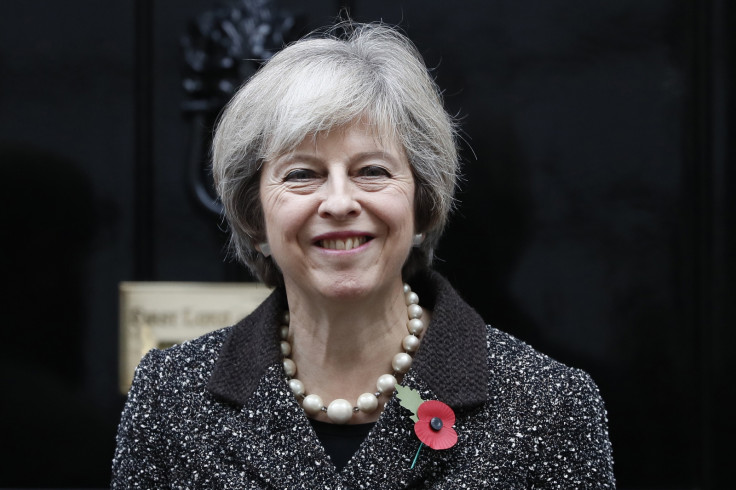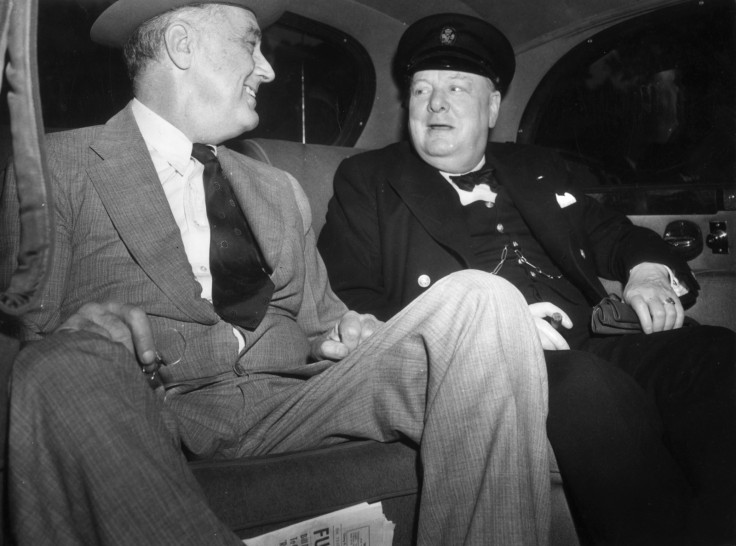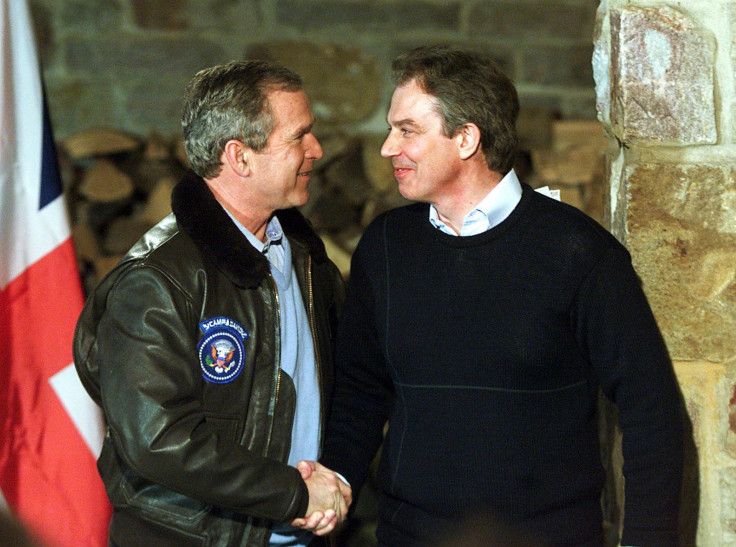What is the 'special relationship'? A short history of US-UK relations
The phrase has been used to describe relations between the US and the UK for 50 years.

Prime Minister Theresa May will become the first world leader to meet Donald Trump in the White House later today (27 January) for face-to-face talks.
Nato, counter-terrorism and a US-UK post-Brexit trade deal will be discussed between the two leaders.
In a speech to Republicans in Philadelphia on Thursday, May said Britain and America have a "unique and special relationship" that has "defined the modern world", and pledged that the two countries have a "joint responsibility to lead".
The term "special relationship" is used time and time again to describe the close diplomatic relations between the US and the UK since it was coined by Winston Churchill in 1946.
He first used the phrase in his Sinews of Peace speech - otherwise known as the 'Iron Curtain Speech' - delivered on 5 March 1946, considered to be one of the most important speeches given by Churchill as Leader of the Opposition.

One particular passage in the speech attracted international attention, with some Russian historians tracing it to the beginning of the Cold War.
Churchill called for "a special relationship between the British Commonwealth and Empire and the United States", who can "work together at the common task as friends and partners".
At the time, Harry Truman was president of the US, but Churchill had already developed a relationship with Franklin D. Roosevelt to eventually spur American troops to defeat Nazi Germany in the Second World War.
This diplomatic principle of cooperation has been accepted by all British prime ministers and US presidents, although it has changed according to current affairs, policies and personalities.
In 1965, the special relationship came under strain when PM Anthony Eden joined forces with France and Israel to invade Egypt without informing President Dwight D. Eisenhower, which eventually led to Eden's resignation.

The relationship between the UK and the US was particularly close at the time of Harold Macmillan's tenure, when Kennedy was president. Mac and Jack, as they were known, were friends - exchanging correspondence, sending each other birthday and Christmas cards including gifts.
The special relationship has not always been so close, however. At the time of Lyndon Johnson's presidency, Harold Wilson's refusal to send British troops to support the US in the Vietnam War made relations between the two countries tense.
Margaret Thatcher and Ronald Reagan's special relationship was centred on the Cold War, but it was a personal one too - with Thatcher referring to Reagan as "the second most important man in my life" after her husband Denis.
In 1997, the election of Tony Blair as prime minister revived what Clinton referred to as a "unique partnership" with both having similar views on domestic issues. Blair's relationship with George W. Bush magnified the ties on an international scale, with Blair's leadership on the war in Iraq bringing the two even closer, but the alignment also heaped opprobrium on Blair who was branded Bush's poodle by critics of the war.
© Copyright IBTimes 2025. All rights reserved.





















